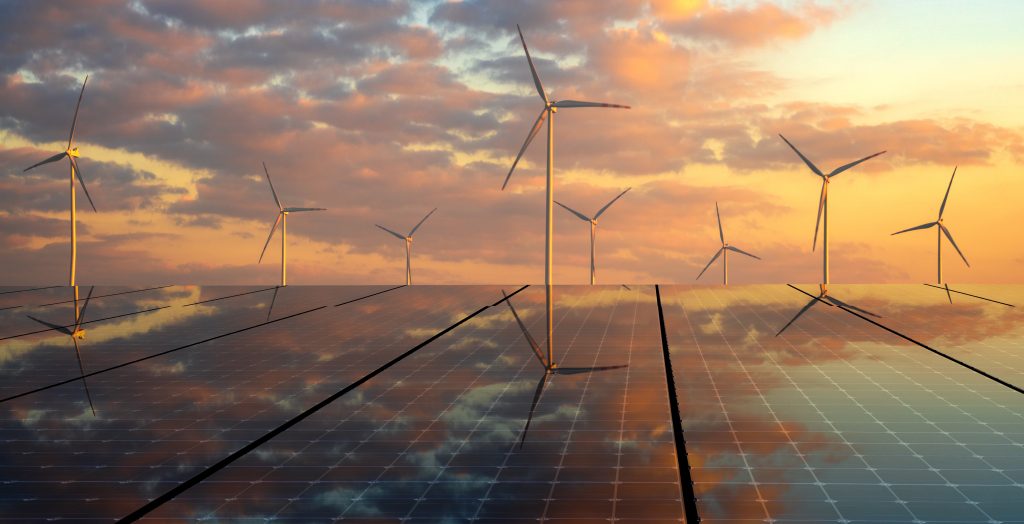
On August 29, 2024, the Common Market for Eastern and Southern Africa (COMESA), in collaboration with the World Bank, hosted a webinar under the Accelerating Sustainable and Clean Energy Transformation (ASCENT) Programme.
It brought together a diverse group of experts and stakeholders from the energy and climate sectors, focusing on the transformative potential of carbon markets in addressing climate change and advancing sustainable development across Africa.
The webinar was more than just a discussion as it marked a significant milestone in Africa’s journey towards greater involvement in global carbon markets. It also served as a precursor to the highly anticipated Innovation for Climate (I4C) event scheduled to take place in Berlin from September 10 to 13, 2024.
In light of these challenges, COMESA has taken a leadership role in driving initiatives to improve energy access and address climate change across the continent. Clean, affordable, and reliable energy is recognized as essential for social development, economic growth, and environmental sustainability.
During the webinar’s opening remarks, COMESA’s Assistant Secretary General in Charge of Programmes Ambassador Dr. Mohamed Kadah, emphasized the organization’s commitment to promoting renewable energy, enhancing energy efficiency, and strengthening climate resilience in the region.
He highlighted that these efforts are integral to building a sustainable future for Africa. Dr. Kadah, underscored the importance of knowledge exchange and capacity building in enabling Africa to play a more significant role in global carbon markets.
“Effective capacity building will enable stakeholders to measure, report, and verify emissions reductions accurately, fostering market integrity and attracting investment,” he said.
This sentiment reflects the broader goal of the webinar which is to lay the groundwork for enhanced participation in global carbon markets.
The ASGP further hinted that the efforts are part of a broader strategy to build a robust foundation for Africa’s role in the global sustainable development arena.
“Despite recent progress, Africa’s carbon markets continue to face significant challenges. The continent struggles with a lack of robust regulatory frameworks and governance structures, which creates uncertainties for investors and other key stakeholders. As a result, while the global carbon market has seen impressive growth surpassing $900 billion in value by 2023 Africa’s share remains disproportionately small,” he added.
The global expansion of carbon markets has been driven largely by rising carbon prices and increased participation in established markets like the European Union Emissions Trading System (EU ETS). However, Africa has yet to fully capitalize on this trend due to limited access to technical expertise and financing, which complicates the development and monitoring of carbon projects. Additionally, high transaction costs and complex certification procedures further hinder Africa’s participation in international carbon markets.
Adding to these challenges is the ongoing energy crisis in sub-Saharan Africa, where over 600 million people still lack access to electricity. This energy deficit forces reliance on unsustainable energy solutions, exacerbating the region’s vulnerability to climate change. The absence of reliable and clean energy sources not only undermines efforts to combat climate change but also hampers social and economic development.
The ASCENT Programme, funded by the World Bank, is at the forefront of these efforts. With a substantial $5 billion financing envelope approved in 2023, ASCENT aims to provide clean energy to 100 million people across up to 20 countries in Eastern and Southern Africa.
The Programme adopts a multi-faceted strategy that includes both regional and country-specific components, with COMESA and the Trade and Development Bank playing key facilitative roles.
A standout feature of ASCENT is the COMESA Regional Platform, officially known as the Regional Energy Access Acceleration Platform (REAPP). With a budget of $50 million, REAPP is designed to create an enabling environment for expanding access to sustainable energy across the region.
The platform will focus on several critical areas, including digitization, project development, policy support, and capacity building. One of REAPP’s notable initiatives is the development of Digital Monitoring, Reporting, and Verification (D-MRV) Platforms, which are expected to significantly enhance sector planning and project implementation. These platforms will play a crucial role in ensuring that carbon reduction efforts are accurately measured, reported, and verified, thereby contributing to the integrity of Africa’s participation in global carbon markets.
By addressing the barriers that have historically limited Africa’s participation in carbon markets, these efforts are paving the way for a more sustainable and prosperous future for the continent. The journey ahead could be challenging, but with continued collaboration, innovation, and investment, Africa is poised to play a crucial role in the global fight against climate change, while simultaneously advancing its sustainable development goals.
As Africa continues to grapple with the dual challenges of energy access and climate change, initiatives like ASCENT and platforms like REAPP offer a beacon of hope.




